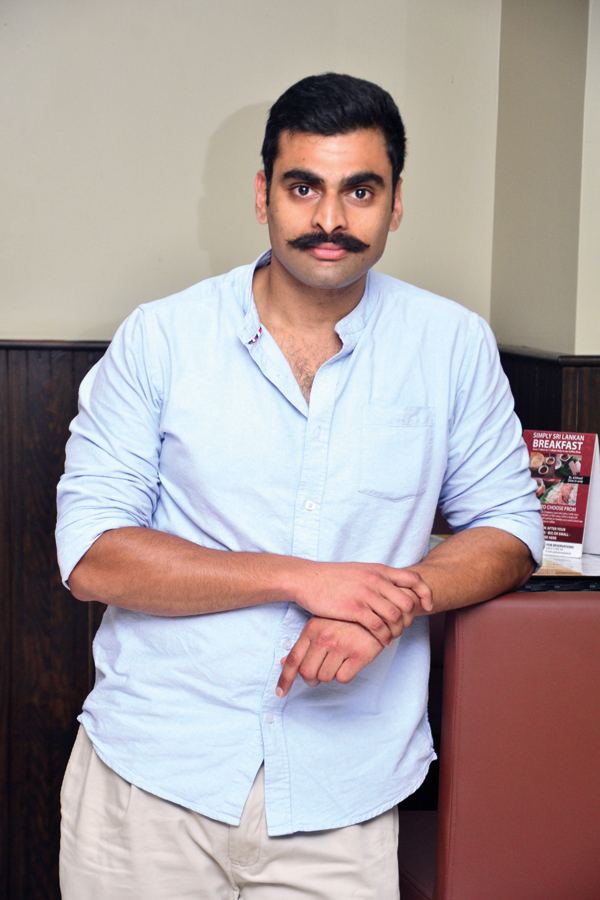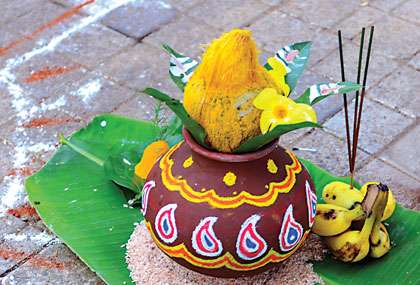Behind every cup of Ceylon tea is the worker : Dananjaya Silva MD, P. M. david silva & sons
{{hitsCtrl.values.hits}}
9 March 2018 10:36 am
Words : Kamanthi Wickramasinghe
Photos : Rusiru Tharanga
Tea has become part and parcel of our life since the good old days. Having been introduced as another one of those colonial industries, we Sri Lankans have been enjoying the cuppa ever since then. Pioneering their journey in this industry was P.M David Silva and Sons back in 1945. The Company was founded on Brunswick Estate in the fertile Maskeliya Valley as a small independent tea shop for tea plantation workers to gather, relax and enjoy a good cup of tea. But today, this once flourishing industry is struggling for survival. Today the company exports tea under the brand P. M De Silva and Sons mainly to Europe while providing tea to a few local cafes as well.
Speaking to LW, Managing Director of P.M. David Silva and Sons, Dananjaya Silva spoke about the company, challenges faced by the industry and the future of tea in global markets.
There’s a prevailing crisis in the local tea industry today. How are you fairing in it as a private entity?
As a private entity it’s very difficult. We had a ban on glyphosate and then there’s an issue with regard to labour as well. If we take labour first, we are down on our labour as they are starting to migrate out of tea estates. You will see that in all estates the majority of them are the older generation. Chances of seeing a young person among them is quite rare but if you go to a local café or a service station and ask where they come from they would say from Maskeliya, Talawakele etc. So the labour in these estates is coming in to the city to find better paid jobs. We don’t have people to physically pluck tea and make tea and this is crucial because behind every cup of Ceylon tea is the worker. People are even reluctant to come for an interview for office-based work as well. We always market ourselves on handpicked tea but in this case we need to ensure that the leaf isn’t too mature and therefore the leaves have to be plucked within seven days. But if a hectare is the same as it was back in 1990 and your work force is dwindling year on year how do you maintain the standards of plucking, weeding, cropping and fertilizing?
Please click on the link below to read full article.,
https://www.magzter.com/LK/Wijeya-Newspapers-Ltd./Lanka-Woman/Women’s-Interest/

Leave a reply
Reply To:
Name - Reply Comment







Comments